Embarking on a new musical writing project is kind of like setting off on a multi-year world-traveling adventure. Preparation – including a thorough packing list – is key. Whether you are preparing for your next musical writing adventure – or are already halfway around the world with your current project – this “New Musical Packing Checklist” should help you compile vital supplies for your musical writing toolkit.
Everyone’s packing and traveling tastes are different, so do not feel that you need to copy my list of specific supplies exactly. Rather, consider each category and whether or not you have a tool in your “suitcase” that meets the needs of that category.
✅ A Reliable Note-taking and Note Gathering System
Do you have a consistent method for recording your ideas, like lyrics, lines, and links? Whether it’s a digital app or a traditional paper notebook, deciding now on your primary tool (or tools) for capturing ideas and inspiration can prevent lost thoughts and simplify your process.
Some notetaking tools in my current musical writing toolkit include:
- Google Keep
- the iOS Voice Recorder app
- Tana (this one is pretty advanced, tech-wise, but I love it!)
- this paper notebook
✅ User-Friendly Writing Software
While handwritten work can be a vital part of the writing process for many, professional presentations require polished scripts and scores. What digital tools do you rely on for scripting and scoring? Familiarity with software like Google Docs or Final Cut Pro for script and lyric writing, and Sibelius or Finale for music composition is vital. So, if it’s been a while since you’ve actually worked with a specific tool, you may want to consider working on a short mini-project to get reacquainted with the tool, before diving into y our next major work. Additionally, you might want to add a database tool like Google Sheets or Notion for organizing things like budgets, scenes/songs/characters, collaborators, etc.
My current writing toolkit includes:
- Google Docs for libretto and lyrics
- Sibelius or Flat.io for music composition
- Garageband or Soundtrap for music recording
You can access the Final Cut Pro app here.
✅ Physical Workspace and Equipment
What physical equipment and objects should your musical writing toolkit include? Well, what elements and equipment do you need in your physical workspace to boost comfort and efficiency? Your ideal workspace might be a clutter-free desk, a café corner, or a studio with all your instruments at hand. A well-thought-out workspace tailored to your preferences enhances productivity and enjoyment in your writing process.
Before you dive into a new project, make sure you have all the equipment and tools you’ll need at the ready. For a book writer or lyricist, this might be a cleared-off desk or a portable laptop with headphones for working in a coffee shop. If you are a composer, you may need to access a piano, keyboard, microphone, headphones, etc.
Here are some of my most-used equipment:
- My very old MacBook, with these earbuds
- a Blue Yeti microphone
- a portable keyboard for note input
✅ Digital Workspace
How do you organize and back up your digital workspace? Ensuring you have a dedicated digital folder system for your project, along with an inspiring soundscape or playlist, can significantly influence your creative flow. Proper organization and backup of your digital tools and files can be as important to your musical writing toolkit as your physical equipment.
I try to make sure I have a folder in my Google Drive and on my computer for each project I start – that way everything I work on ends up in the same place. I am someone who likes to have sound or music playing while I work, so when I think about a “digital workspace,” I’m also thinking about playlists, videos, or sounds that I can have ready to keep me company during work sessions.
Here are a few of my favorite “soundscape” resources:
- A Soft Murmur (I love the “Coffee Shop” sound)
- Disney Lofi (a YouTube playlist that shows Minnie Mouse working at her computer while Lofi arrangements of Disney songs play)
✅ Collaboration & Accountability Tools
What methods or tools do you have for effective communication with collaborators? Whether it’s Email, Slack, or collaborative features in Google Docs, establishing clear channels for collaboration is essential. Solo writers might consider tools like RhymeZone or Chat GPT for assistance, even as they work independently. Additionally, you may want to think about joining a writers’ group or sharing your work on social media for added motivation and accountability. If you are someone who likes reminders or to-do lists, you may want to designate a specific to-do app to help keep you on track. Making decisions about these kinds of tools before you begin your writing process will save you lots of time – and decision fatigue – later on!
Here are some of my favorite collaboration and accountability tools:
- my MusicalWriters monthly writers’ group! (click here to learn more about these groups)
- Shared Google Docs
- RhymeZone
- ChatGPT (I pay for the “plus” subscription)
- Todoist
✅ Motivation Vault
Why have you chosen this project, and why now? Reflecting on your goals and motivations for this particular musical can guide your creative decisions and keep the project aligned with your vision. What are your goals for this show? Why are you the best person to write it? Understanding your personal connection to the story and considering role models in the field can provide ongoing inspiration and direction.
Once you have considered your goals, I would put them somewhere you will see them often. Here are a few different techniques I have used:
- vision board outside my bathroom door
- custom phone wallpaper
- sticky notes next to a computer screen
- bright heading or image on the top of a writing project
✅ Rituals and Treats
Repeating certain habits or actions before, during, or after your work sessions – like drinking coffee from a special mug while you work or celebrating project milestones with a “treat yourself day” – can be a huge shot of motivation. Not only will repeating certain actions help you get “in the zone” while you’re working, but planning ahead for a reward or treat related to your project can help increase your dopamine and motivation.
Here are a few fun ideas:
- Pick a specific beverage to be your “writing drink.”
- Light a candle before each work session.
- Choose a special blanket, pillow, or slippers to use while you write.
- Call a friend or family member to brag whenever you hit specific milestones or solve a writing-related problem.
- Treat yourself to a new notebook or special pens for a new project.
Conclusion
Musical writing can be a long – sometimes arduous – and rewarding process. Starting with a well-equipped toolkit sets you up for a successful and fulfilling creative adventure. You’ll undoubtedly add more to your arsenal along the way, but taking time before you dive into a new project to compile the items on our list, is a fantastic head start on your next writing journey.
Happy packing, Musical Writer!

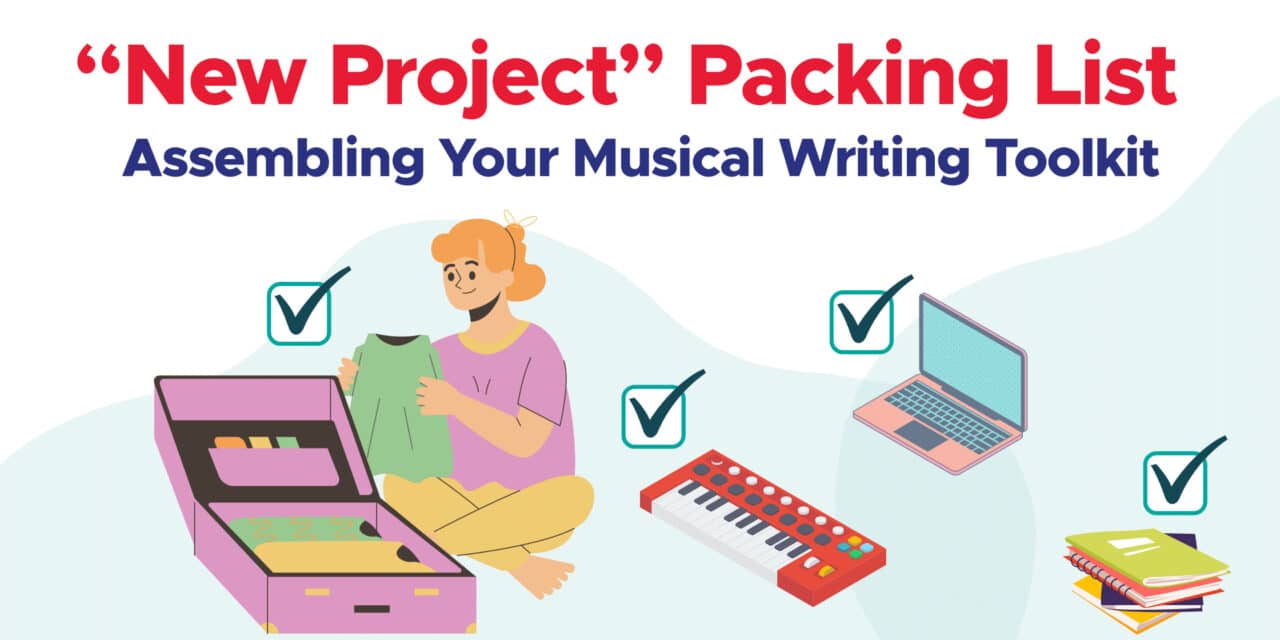

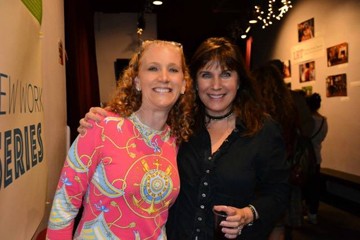
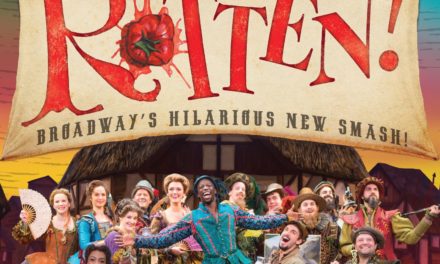


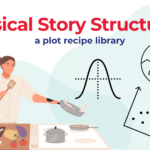
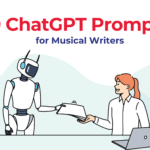



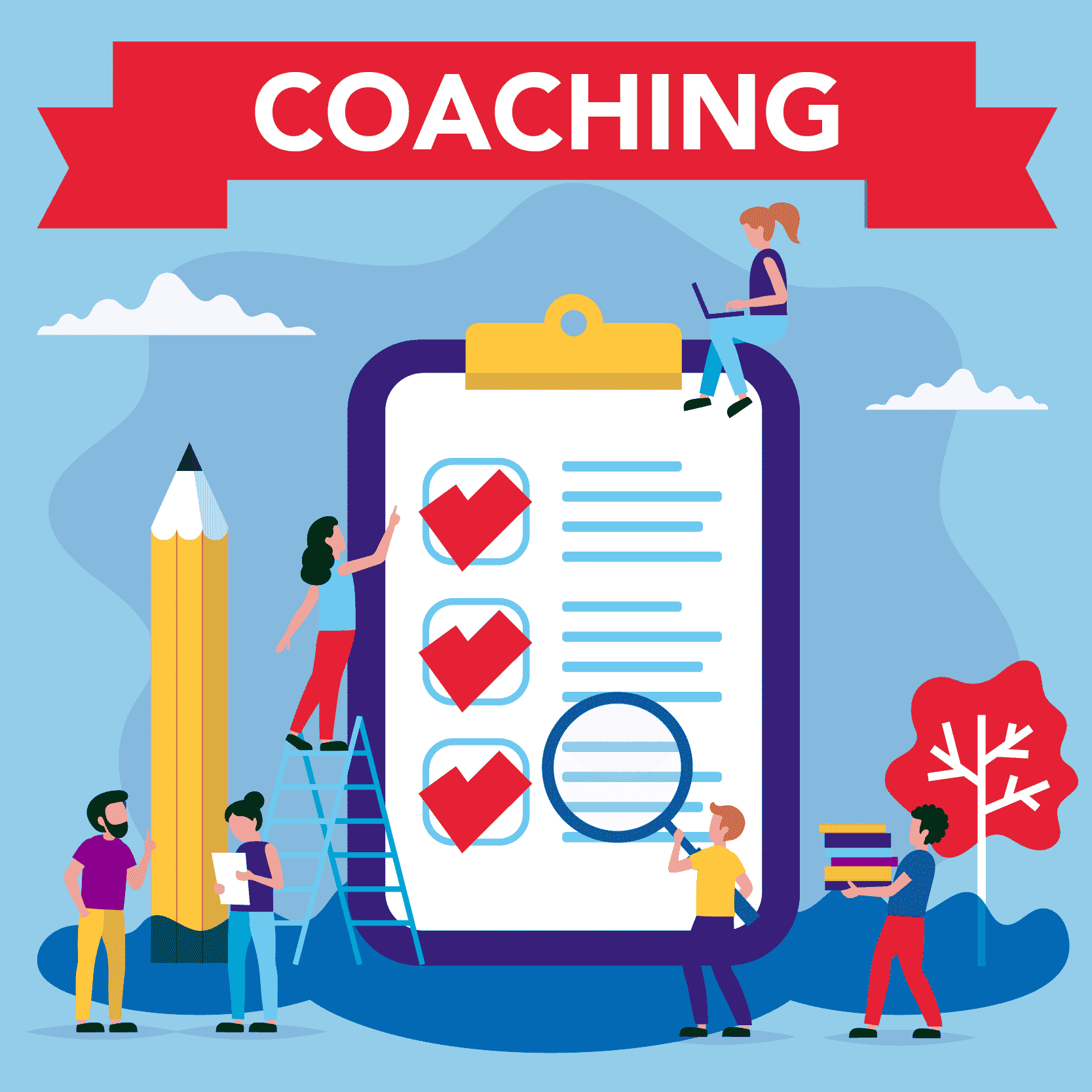

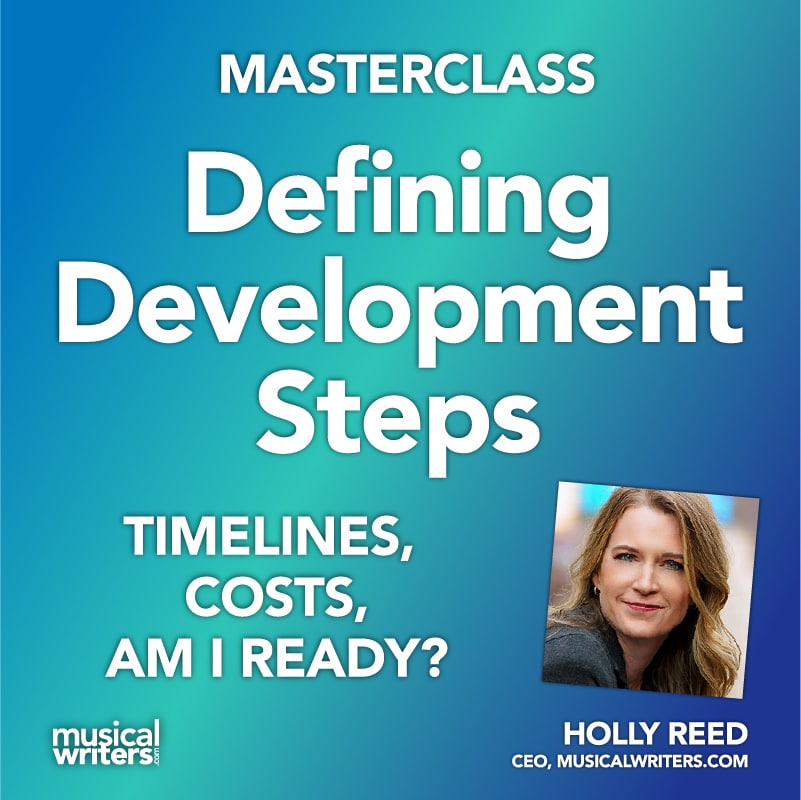

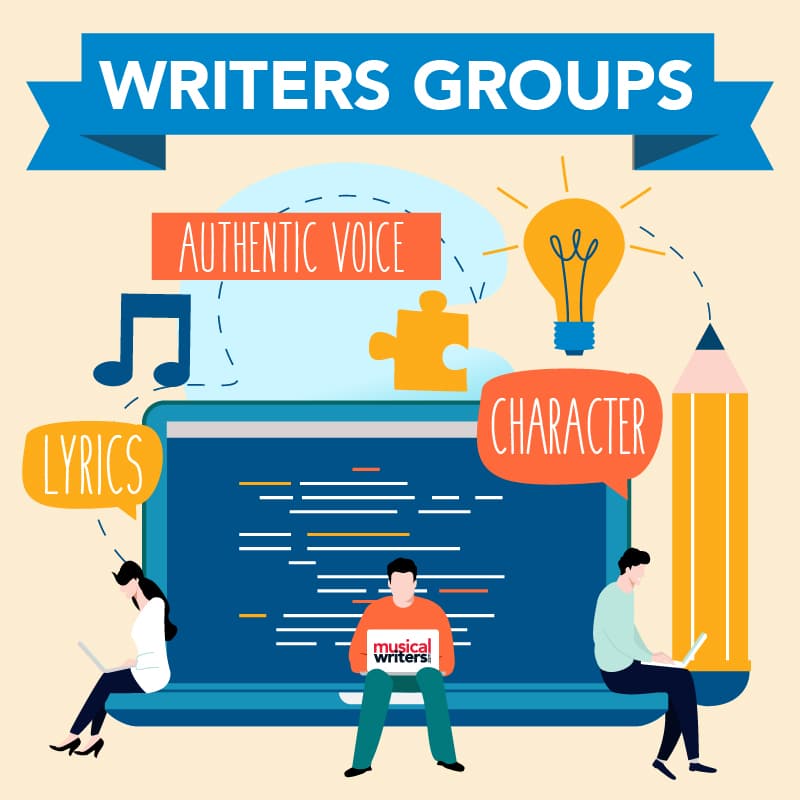


This is cool, Amanda! Thanks!